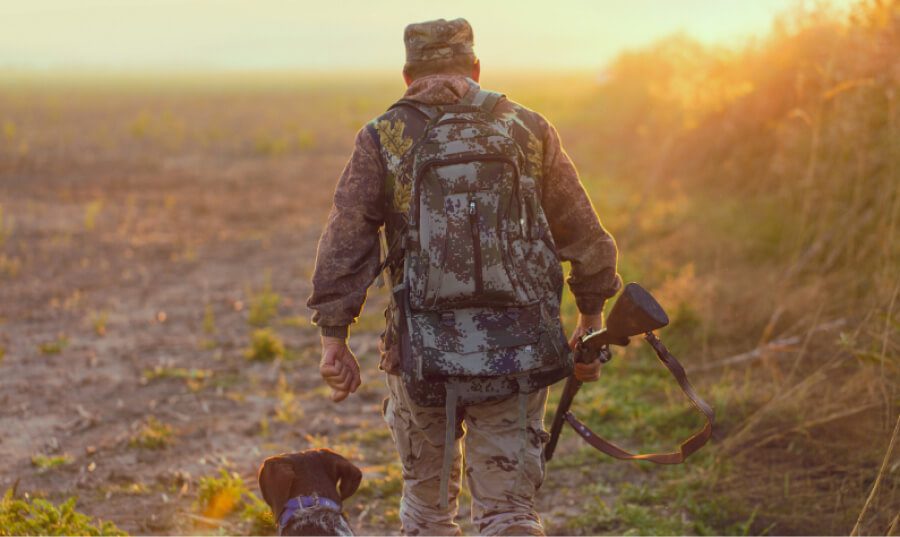
Tunisia's geography is as diverse as its wildlife. From olive groves and cork oak forests in the north to steppe grasslands and desert fringes in the south, the country offers an array of hunting grounds. This varied terrain supports a wide range of game species:
Hares and partridges (notably the Barbary partridge), ideal for upland game hunting.
Wild boar, especially abundant in forested areas of the north.
Jackals and foxes, which are legal to hunt and often add a level of challenge to the experience.
Migratory birds, including ducks, doves, and quail during their seasonal passage.
Hunting in Tunisia is not just a sport; it's part of the country's rural heritage. Local hunters often accompany international visitors, sharing their knowledge of the land, tracking skills, and traditional techniques. Many use hunting dogs, especially pointers and hounds, trained for specific game.
Respect for wildlife and sustainability is deeply ingrained. Most organized hunts work within regulated hunting seasons and game quotas established by the Tunisian Forestry Directorate (Direction Générale des Forêts).
A successful hunting trip in Tunisia typically includes:
Licensed local outfitters: They handle permits, logistics, transportation, and equipment.
Bilingual guides: Fluent in French and often English, they help bridge the cultural experience.
Custom packages: Trips can be tailored, from day excursions to multi-day safaris with accommodation in rustic lodges or traditional guesthouses.
Hunting season: Typically runs from October to February, though it can vary depending on species and region.
Popular hunting regions include:
Kef and Jendouba in the northwest for wild boar.
Kairouan and Zaghouan for hare and partridge.
Sidi Bouzid and Sfax for open field bird hunting.
Tunisia has strict rules to ensure ethical hunting:
You must obtain a permit and be accompanied by a licensed local hunting guide.
Certain species are protected, and off-season hunting is forbidden.
Bringing in your own firearm requires special authorization; most outfitters provide suitable equipment to avoid customs issues.
One of the greatest advantages of a Tunisian hunting trip is what surrounds the sport:
Enjoy local cuisine, from wild game dishes to couscous and freshly baked tabouna bread.
Relax in traditional hammams after a long day.
Visit nearby archaeological sites, like Dougga or El Djem, for a cultural break.
Whether you're an experienced hunter or a curious traveler seeking something new, Tunisia offers a hunting experience steeped in authenticity and adventure.
A hunting trip to Tunisia is more than a sporting excursion — it's a passage into a rhythm of life where tradition, nature, and respect for the wild are paramount. With proper planning and guidance, it becomes a journey you’ll remember for a lifetime.